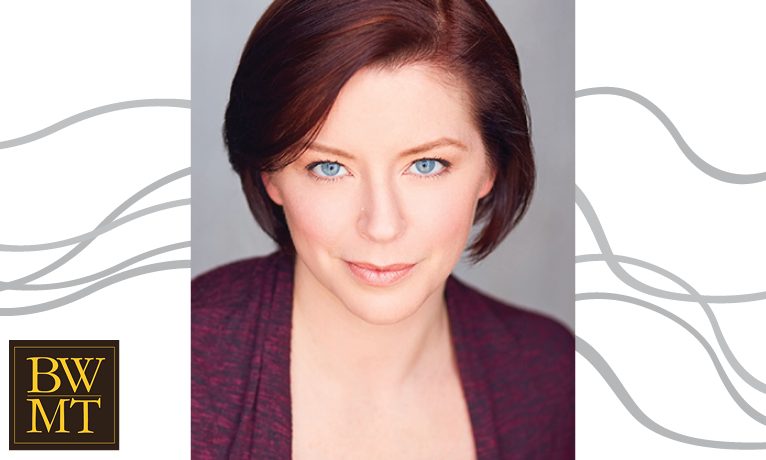For thousands of years, people have turned to religion to help answer some of life’s biggest questions. Religious institutions offer many people clarity and assurance in times of upheaval, and what we see in Bare are young people grappling with coming of age’s largest questions: sexual orientation, body dysmorphia, unplanned pregnancy, suicide, and drug use against the backdrop of the Catholic Church’s rules. Society has often used religious institutions to help shape its children’s lives, but Bare offers us a glimpse into the turmoil caused when the prescribed answers to our questions lead not to peace, but to even more painful questions.
The central love story of Bare are two young men, both of whom are forced to hide their love and identity because of the church’s teachings. The hypocrisy of these teachings, of telling two people that their love is not ‘godly’ because of their partner’s gender is, I believe, one of the largest and most harmful religious tragedies in our modern age. We need look no farther than the current news cycles for proof of its continued devastating influences on our youth.
In the face of our society’s continued divisiveness, my hope is that the stories we tell can help bridge the divide. Peter’s journey of self-acceptance, and the way in which the love of two people can change not only their lives, but the lives of the community around them reaffirms my hope for our collective future. For, as the Apostle Paul himself said ‘if I have a faith that can move mountains, but do not have love, I am nothing.’
Laura Welsh Berg, BW Assistant Professor, Acting and Directing

